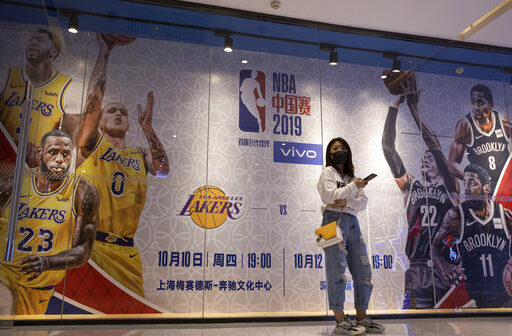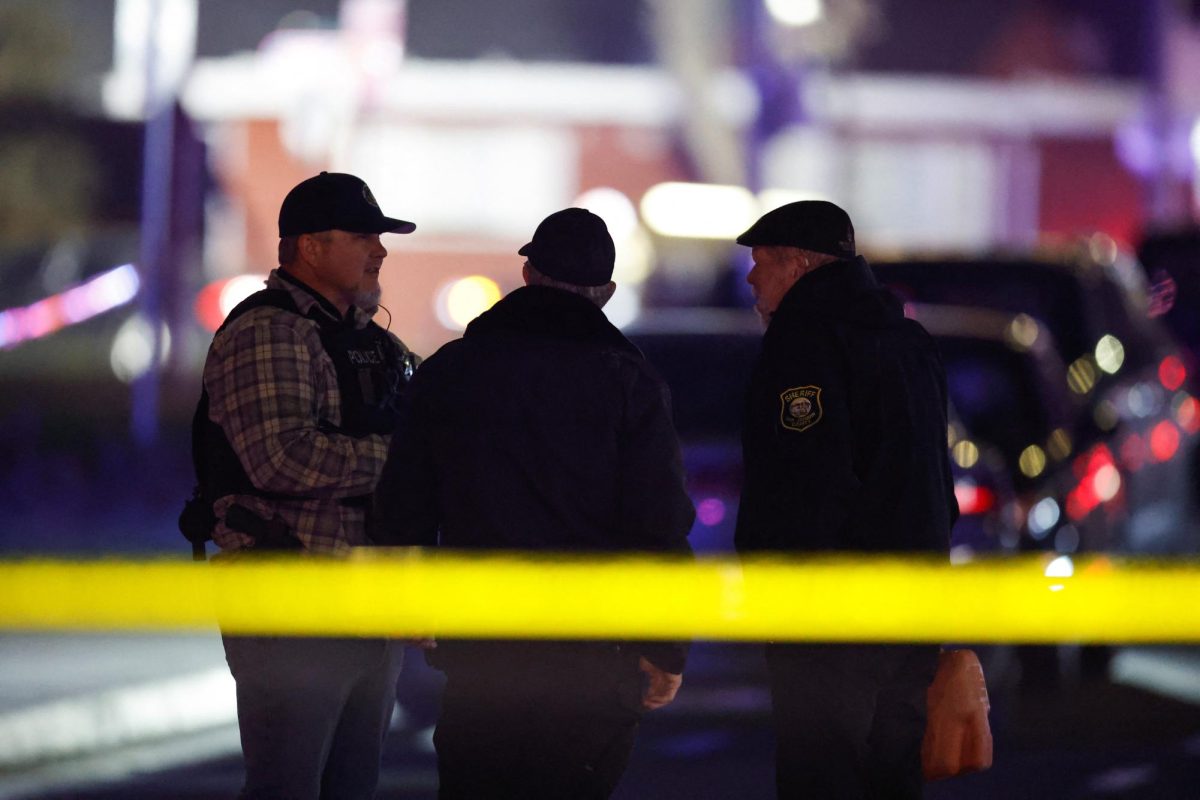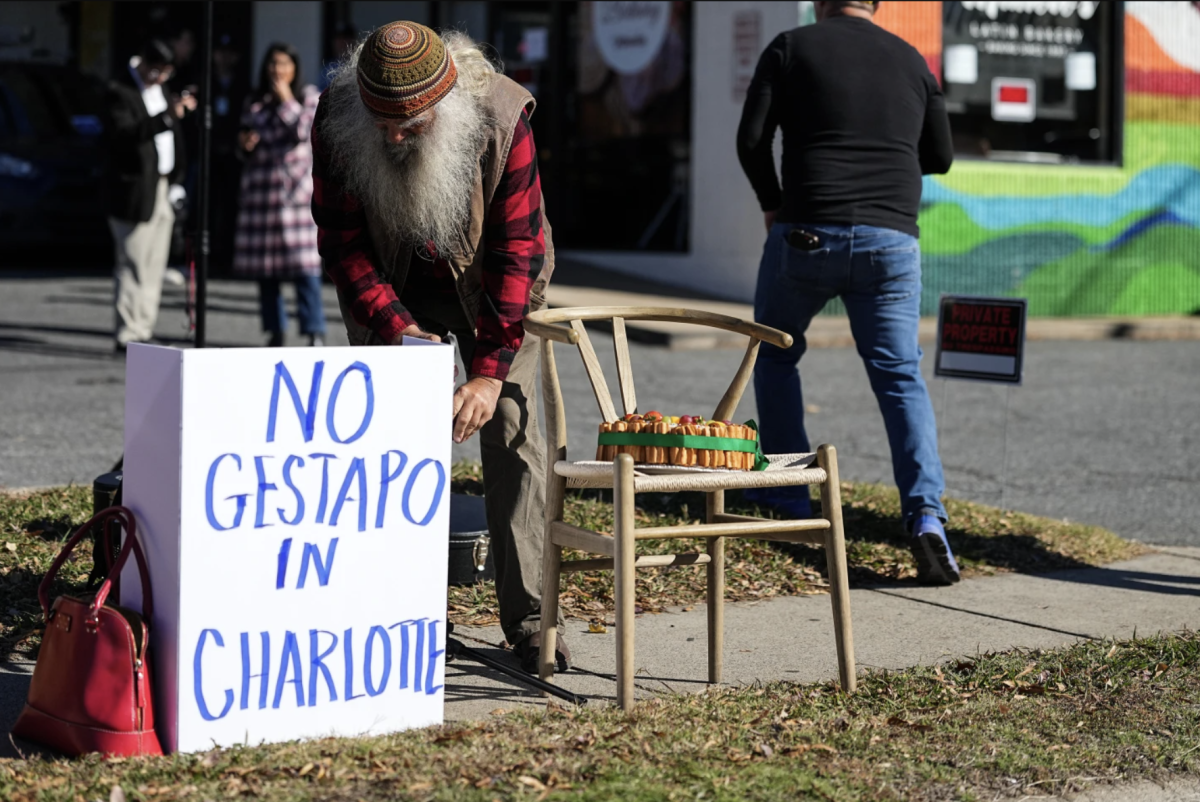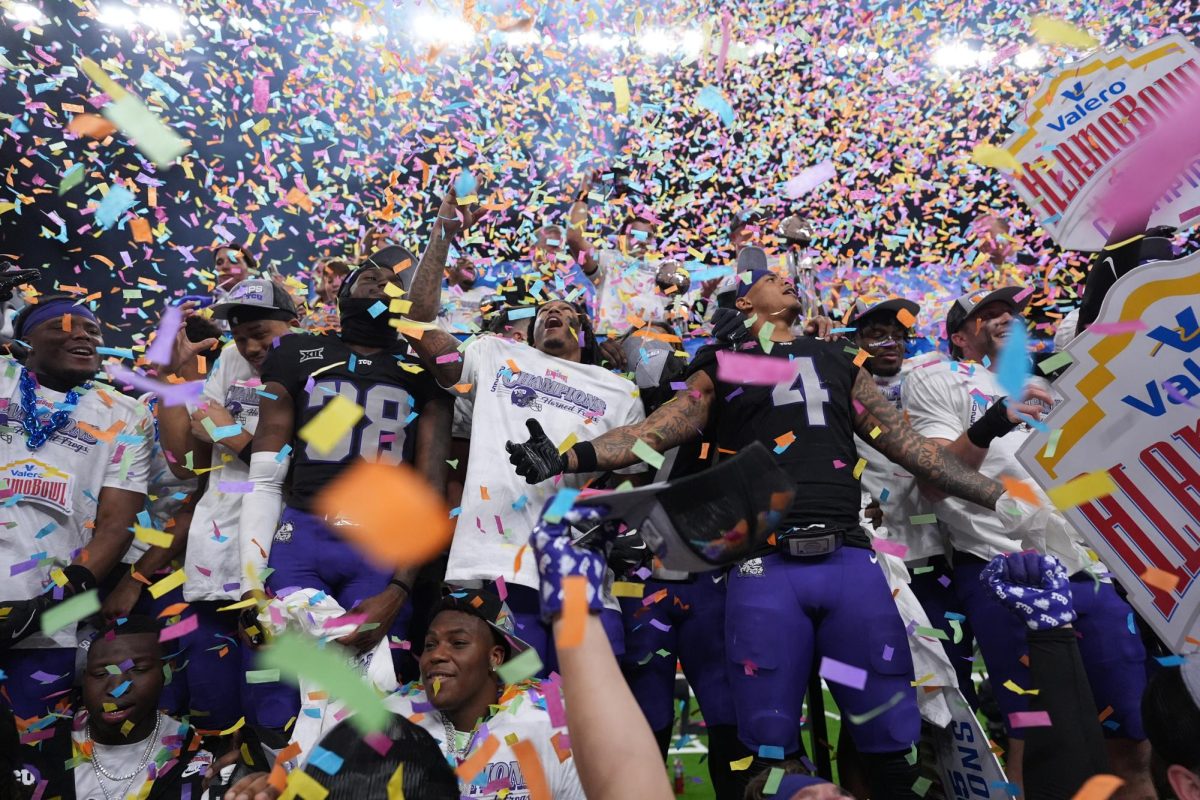The biggest convergence of sports and politics in the last several years began with a seven-word tweet by the general manager of the Houston Rockets and ended with a fractured relationship between the NBA and China.
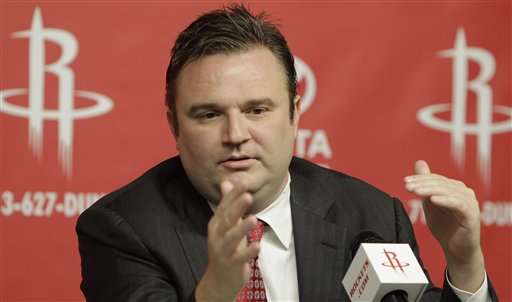
Daryl Morey offered support for the freedom movement in Hong Kong, which is entering its fifth month of protests against legislation that would allow for its citizens to be extradited to mainland China.
Morey quickly deleted his tweet, but the damage was already done. The Chinese Basketball Association, led by former Houston Rocket and Hall-of
“Where they have been able to bring pressure they have brought pressure and they know they can bring pressure on the NBA,” said Sourabh Gupta, a senior fellow at the Institute for China America studies.
The NBA responded with a statement saying that Morey’s comments, “deeply offended many of our friends and fans in China, which is regrettable.”
This drew the ire of many in the US, including politicians from both sides of the aisle.
Julián, glad to agree with you on this one. https://t.co/0V7PHY1iIW
— Senator John Cornyn (@JohnCornyn) October 7, 2019
The criticism stemmed from what some viewed as the NBA prioritizing their financial interests in China rather than standing up for the right to freedom of speech.
The league’s initial capitulation to China is not without precedent and is the latest example of China using their economic strength to try to coerce Western businesses into censoring any criticism of their government and its practices.
Versace, Marriott, Gap and McDonalds have all made similar apologies after carrying out actions seen as sympathetic to Hong Kong and being threatened with the loss of business in China.
“On companies, including the NBA, there is a means to exercise pressure and they have been exercising pressure in Hong Kong on large multinational corporations,” Gupta said of China.
NBA commissioner Adam Silver released subsequent statements saying that the league was “not apologizing for Daryl exercising his freedom of expression,” which only further escalated tensions.
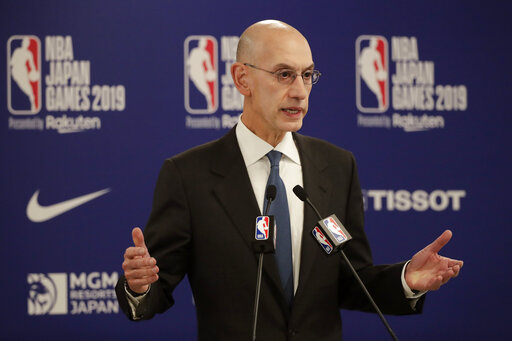
China Central Television, one of the country’s largest media groups, stopped broadcasting NBA games after the release of Silver’s statement.
“We think any remarks that challenge national sovereignty and social stability are outside the category of freedom of speech,” the company said in a statement.
A Chinese streaming service Tencent, who signed a $1.5 billion deal with the NBA this summer, also suspended its game broadcasts.
All 11 of the NBA’s official sponsors in China suspended or terminated their relationships with the league. Among these include smartphone maker Vivo and Etrip, China’s biggest online travel website.
Gupta added that the response to Morey’s tweet may have been particularly strong given China’s feelings on the protest movement in Hong Kong.
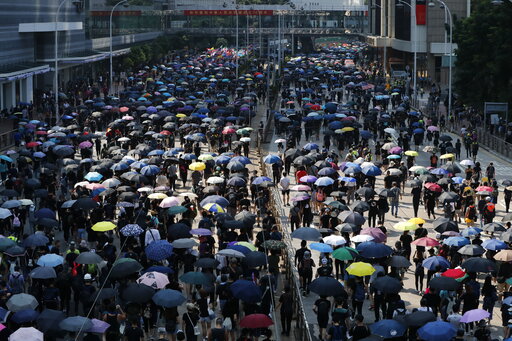
“It is about the Chinese people, themselves being very upset about the situation in Hong Kong and how it’s been played out,” he said. “As I said it is a Hong Kong issue and a Hong Kong problem which China has been dragged into and basically been smeared.”
TCU senior and native of China Yan “Ace” Sun said China’s sovereignty has always been a sensitive topic for its people and explains in part the anger at Morey’s tweet.
Sun pointed to the 1937 massacre of Chinese citizens by Japanese soldiers in his hometown of Nanjing as just one example of why China is so sensitive to foreign interference.
“So when the general manager mentioned about Hong Kong, the Chinese people and its government think it is disturbing the Chinese sovereignty, which is really sensitive after all the stuff that has happened,” he said.
In China’s previous disputes with Western corporations, the country has repeatedly emphasized the need for its business partners to recognize and respect the sovereignty of their territory, including Hong Kong.
“The government sees the Hong Kong issue as their internal affairs,” Sun said.
While some predicted that the Morey incident could spell the end of the NBA’s relationship with China, Gupta thinks it will result in a new normal.
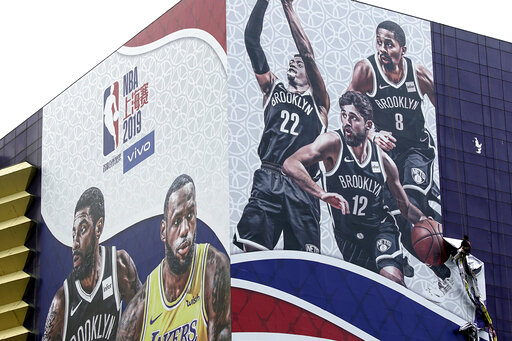
“Yes the NBA wants to make money in China but the Chinese have a great love for NBA basketball and they’re not going to suspend or give that up,” Gupta said.
In the first sign of cooling tensions, Tencent streamed two NBA games this week and took down their post announcing a ban of all NBA broadcasts.

